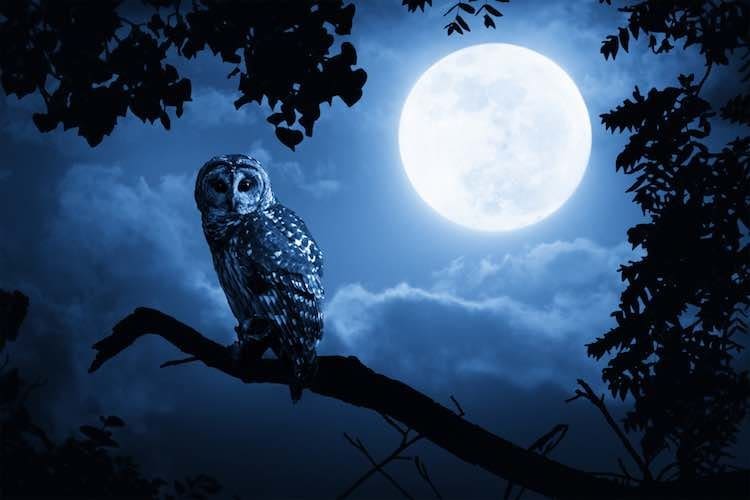Morning larks, night owls … turns out whether or not you’re an early-riser can have implications for your health.
Do you prefer staying up late into the evenings? Or are you a keen early riser? We usually know whether we’re a “night owl” or a “morning lark,” but did you know it can affect your health?
Night owls typically have higher rates of cardiovascular disease, obesity and high blood pressure. They often also have more unhealthy habits. They’re not as active and have a poorer diet. But what does that all do to your overall risk of death?
To work that out, researchers looked at a huge dataset from the UK Biobank – a study that assesses and tracks the health outcomes of hundreds of thousands of people from across the United Kingdom.
People were asked their “chronotype” – essentially whether they were a morning or night person – and sorted into four categories (definite morning types, moderate morning types, moderate evening types and definite evening types). They also looked at the people from the Biobank study who had died. Linking the two sets of data – chronotype and deaths – allowed them to establish an idea of how the risk of death differed between night owls and morning larks.
They found that being a definite evening person was associated with a 10 per cent increased risk of death. A higher risk of mortality for night owls was true for both men and women. The researchers also found that the association was strongest in the oldest age group they looked at (63-73 years). What’s more, each step towards being a definite evening person was associated with a variety of other conditions, similar to what’s been found in previous studies. The association was strongest for psychological disorders, then diabetes.
Implications
All this may have you worried if you’re someone who tends to stay up late into the night, and this study adds to others that have shown health risks for night owls. But while chronotype is inherited to some extent, it’s also influenced by environmental factors – like how much daylight you get, when you get it, and your working schedule.
The authors suggest that interventions to help night owls tweak their chronotype may include getting sunlight earlier in the morning, the shifting of a work schedule to better suit that person’s natural rhythms – even the use of melatonin (a hormone that promotes sleep, naturally produced but also manufactured as a drug) in the evening.





